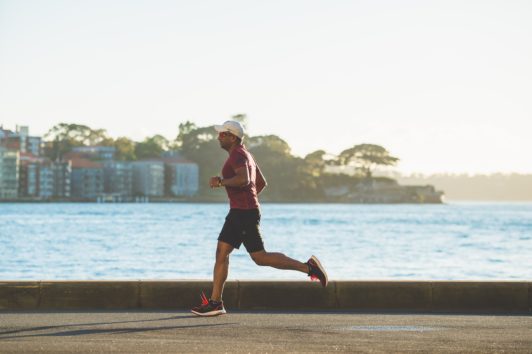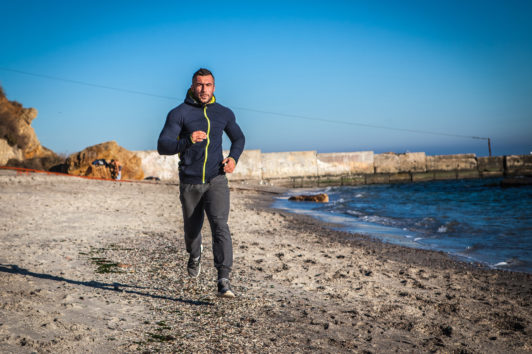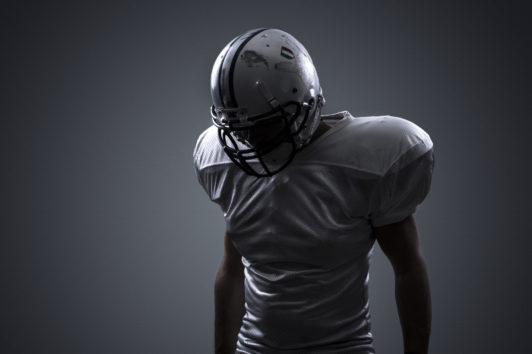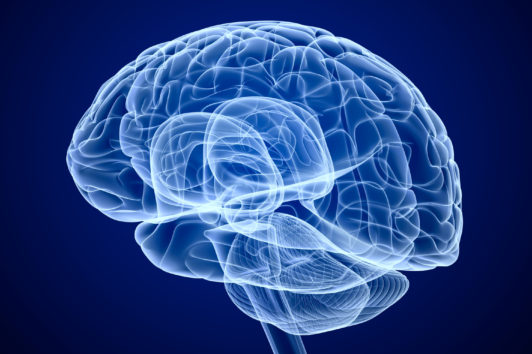Sidd Sampla
BASES Accredited Sport and Exercise Scientist (Psychology)
https://www.linkedin.com/profile/public-profile-settings?trk=prof-edit-edit-public_profile @Psychsidd
Article
Sports can be such a relentless, ever-changing, fast-paced, unpredictable environment which can have a huge impact on our performance in a successful or unsuccessful way. How much of this can we control or influence? What factors can't we control? How much control should we strive for? Should we let things...

Article
Imagery is the ability to use all the senses to create or recreate an experience in the mind. Thus, imagery is a sensory experience that occurs in the mind without environmental props. Imagery research in sport dates back to 1930 when the technique was used to enhance physical practice and...

Article
Vealey (1986) proposed a sport specific theory of confidence, she defined sport confidence as `the belief or degree of certainty individuals possess about their ability to be successful in sport'. Sport Confidence theory measures two factors: trait sports confidence (SC trait) and state sports confidence (SC State). Trait sports confidence...

Article
Successful teams have strong leaders and the importance of this role is evident in all categories of sports. The performance of a leader is very clear in interactive games and during matches. Although less obvious in co-active situations, the leader’s contribution to the effectiveness of a team’s performance is also...


